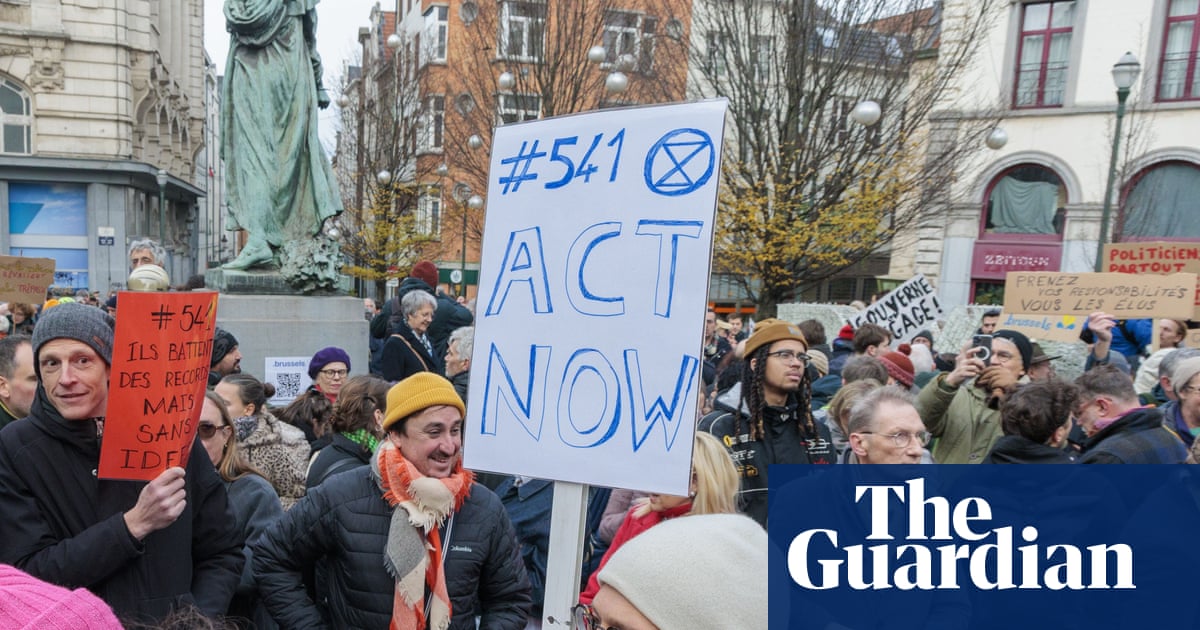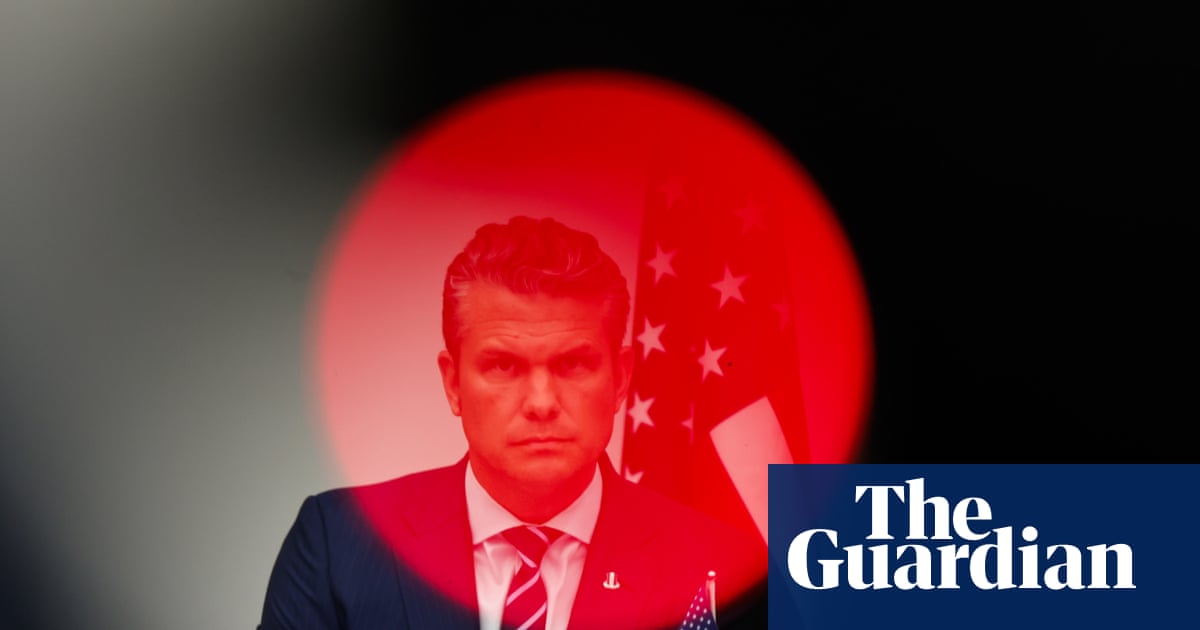Last month, the US treasury secretary, Scott Bessent, vowed to do “whatever it takes” to support Argentina’s rightwing president, Javier Milei, a key ally of Donald Trump. Markets aren’t convinced. On Tuesday, the peso plunged by more than 6% before a central bank intervention clawed back losses. Argentine stocks abroad fell 7%, and the risk premium on its debt rose to 12.3 percentage points – far beyond sustainable borrowing levels. The rout continued on Wednesday.
Mr Bessent admitted the aid was meant to prop up Mr Milei after his La Libertad Avanza (Freedom Advances) party lost decisively in a key election last month. But no terms have been confirmed. With US Republicans angry over Mr Milei’s tax breaks for soy farmers that undercut US producers, markets are asking the obvious: is the Bessent bazooka real, or just for show? It’s obviously a bad look for Mr Trump when the US government is shut down over health funding while $20bn is pledged to prop up a foreign ally. “America first” wasn’t meant to mean furloughed workers and stalled medical trials at home while cash flows abroad.
Argentina is a crisis foretold. This column warned in April that the International Monetary Fund, under pressure from Mr Trump, looked like it was lending billions not to stabilise Argentina, but to entrench a capital‑friendly, resource‑exporting model aligned with US interests. The Guardian argued that Mr Milei could achieve genuine stability by taxing dollar export windfalls, building a sovereign wealth fund and following the east Asian path of currency depreciation and state‑led industrial growth. This was anathema to Mr Milei’s libertarian instincts.
Instead, he chose shock therapy, with predictable results. As the economist Lucía Cirmi Obón puts it, real wages have plunged, industry has been gutted by import liberalisation and essential state support – from pensions to disability aid – has been slashed. Amid a welter of corruption claims against Mr Milei’s powerful sister, Karina Milei, the peso sell-off accelerated. Yet political calculation dominates economic rationality: Mr Trump’s bailout is tied to legislative midterm elections in Argentina on 26 October, not to long‑term economic stabilisation.
Argentina is rich in resources, but has still defaulted nine times – usually after borrowing in dollars and losing control of its economic levers to foreign creditors. Yet even with US bailout talk, the peso is shaky. Why? Because the currency is too strong, propped up by commodity exports while the rest of the economy limps along. By leaning on American swap lines and debt deals, Argentina risks giving up even more control.
The proposed US bailout isn’t just about saving Argentina – it’s also about weakening Beijing’s influence. China has an $18bn swap line with Argentina. Any American support may demand reducing or ending China’s credit. It’s no surprise that speculators are testing the peso and forcing Argentina to burn through its dwindling dollar reserves before polling day.
Argentina has repeatedly found itself at the mercy of outside interests. If Mr Milei stumbles in the midterms, US support could disappear. If Argentinians see US cash as a handout to Mr Milei’s base of financiers and farmers, rather than a fix for their nation’s woes, the backlash could bite. Mr Milei’s upcoming White House visit isn’t about a working plan – it’s about making the US bailout a Trumpian campaign stop. And Argentina, once again, becomes the backdrop for someone else’s political theatre.
-
Do you have an opinion on the issues raised in this article? If you would like to submit a response of up to 300 words by email to be considered for publication in our letters section, please click here.

 2 months ago
80
2 months ago
80

















































